The role of Notary Publics in the UK has evolved significantly in recent years, driven by changes in technology, globalisation, and regulatory updates. Traditionally tasked with authenticating and certifying legal documents for international use, modern notaries are now navigating a rapidly shifting landscape. From embracing digital tools to adapting to new legislation, these professionals must stay ahead of emerging trends to provide efficient and secure services.
In this article, we explore the key trends shaping the Notary Public profession in the UK and how they are transforming the future of the industry.
-
The Rise of Digital Notarization
One of the most significant trends impacting notaries today is the rise of digital notarization. As the legal industry embraces digital transformation, more clients are seeking faster, more convenient ways to notarize documents. This has led to the increased use of electronic notarization (e-notary), where documents can be signed and notarized electronically.In the UK, while full-scale digital notarization isn’t yet mainstream, the demand is growing. Notaries are exploring secure digital tools, such as encrypted e-signature platforms, that comply with legal standards for document verification and security. This trend has gained momentum, particularly in response to the global pandemic, where in-person meetings became challenging, highlighting the need for remote solutions.Remote Online Notarization (RON) is another area of growth. Though more common in the United States, the UK is starting to see discussions around enabling RON, allowing notaries to witness signatures remotely via secure video conferencing. As regulatory bodies review the feasibility of such systems, this could revolutionize how notaries operate, offering greater flexibility for both professionals and clients.
-
Increased Focus on Cybersecurity
With the rise of digital notarization comes an increasing need for cybersecurity. Notaries, responsible for handling sensitive documents such as contracts, affidavits, and property deeds, must ensure the confidentiality and integrity of these files when working online. This has led to a growing emphasis on data protection and secure digital practices.Notaries in the UK are now expected to stay compliant with the General Data Protection Regulation (GDPR) and other relevant data protection laws. This means implementing secure systems to manage client information, adopting encrypted file-sharing methods, and ensuring digital documents cannot be tampered with after notarization. As cyber threats become more sophisticated, maintaining trust and security will be paramount for notaries to uphold their professional reputation.
-
Globalization and Cross-Border Services
Globalisation has expanded the role of UK Notary Publics, as more businesses and individuals require documentation for international use. This has led to a surge in demand for cross-border notarial services, where notaries certify documents to meet the legal requirements of foreign jurisdictions.As international trade and business continue to grow, notaries are becoming key players in helping clients navigate the complexities of global legal systems. This includes working closely with Foreign & Commonwealth Office (FCO) for Apostille services, as well as liaising with foreign embassies and consulates for document legalization. The ability to understand and accommodate diverse legal systems is becoming a vital skill for modern notaries.
-
Sustainability and Paperless Offices
Sustainability is becoming a significant focus across all industries, and the notarial profession is no exception. The traditional notary process is often associated with large volumes of paper, from contracts to certificates. However, modern notaries are increasingly adopting paperless office solutions, reducing their carbon footprint while enhancing efficiency.Using cloud-based platforms for document storage, sharing, and management, notaries are moving towards a more sustainable practice. These solutions not only cut down on paper waste but also improve the speed and accuracy of notarial services, allowing for easier tracking and archiving of documents.
-
Changing Regulatory Landscape
The regulation of notarial services in the UK is continuously evolving to keep pace with international standards and new legal challenges. One of the key regulatory changes in recent years has been the increased scrutiny around anti-money laundering (AML) laws. Notaries, often involved in high-value transactions, are now required to implement more rigorous AML checks and comply with Know Your Client (KYC) requirements.Notaries are also navigating new challenges posed by Brexit, which has affected the way UK notarized documents are recognized in the European Union. While the Hague Convention continues to apply, notaries must stay up to date with the latest requirements for document legalization across different countries, particularly in trade and business sectors.
-
Client-Centric Services
Modern notaries are shifting towards a more client-centric approach, where flexibility, convenience, and transparency are at the core of their services. With clients expecting faster and more accessible services, notaries are offering mobile notary options, where they travel to clients’ locations, as well as expanded business hours to accommodate client needs.Additionally, clients are now more informed and expect clear, transparent pricing for notarial services. As a result, notaries are providing upfront fee structures and explanations of their processes, ensuring a smooth and efficient experience for both individuals and businesses.
-
Specialization and Niche Services
Finally, another trend is the growing specialization within the notarial profession. As legal matters become more complex, some notaries are developing expertise in specific areas, such as corporate notarial work, property transactions, or family law. Specialization allows notaries to offer more targeted services, adding value to their clients by providing in-depth knowledge in particular legal fields.
Conclusion: The Future of Notary Publics in the UK
The role of Notary Publics in the UK is undergoing significant changes, with technology, globalization, and regulation driving the transformation. The rise of digital tools, a focus on cybersecurity, and the growing demand for international services are all key trends shaping the future of the profession. As notaries adapt to these changes, those who embrace innovation while maintaining their commitment to accuracy and trustworthiness will thrive in the evolving legal landscape.
For clients, this means more accessible, secure, and efficient notarial services, making it easier than ever to certify important documents both at home and abroad. The future of the notarial profession is one of progress and adaptation, ensuring it remains a vital part of the legal system for years to come.


0 Comments